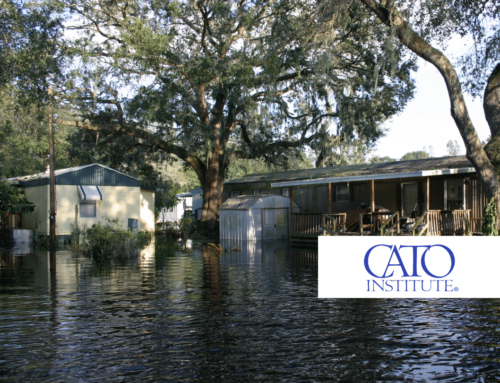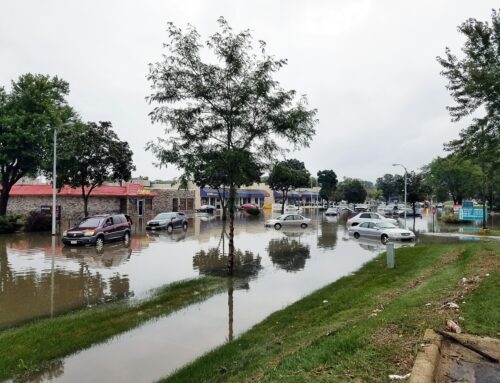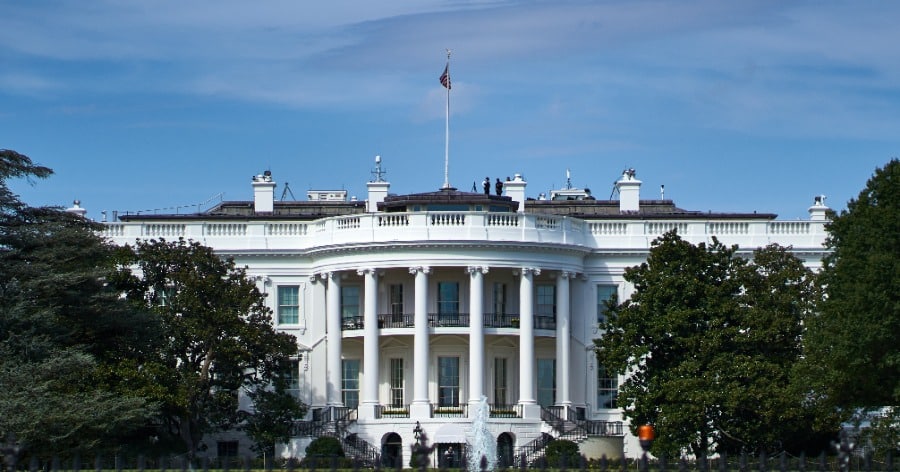The new legislation authorizes construction of seven new locks on the
“As Yogi Berra once said, it’s like déjà vu all over again. These Senators are saying damn the taxpayers and full speed ahead on the multi-billion dollar boondoggle,” said Steve Ellis, Vice President of Programs at Taxpayers for Common Sense, a national budget watchdog organization. “The ink isn’t even dry on the Corps of Engineers ‘do over’ study, and they’re trying to shove this greased pig through the Capitol doors.”
The legislation was introduced by Senators Bond (R-MO), Talent (R-MO), Harkin (D-IA), Grassley (R-IA) and Durbin (D-IL). The bill contains provisions authorizing construction of seven new locks at $1.5 billion, mitigation at $200 million, $48 million for non-structural congestion relief measures and $1.5 billion for ecosystem restoration.
“The President has proposed ending all federal expenditures for this controversial project,” said Paul Gessing, Director of Government Affairs at National Taxpayers Union, a non-partisan citizen group that works for lower taxes and less government spending. “Congress should answer the President’s call for more efficient stewardship of both taxpayer dollars and our nation’ s waterways, by discontinuing this debacle before it grows into a full-fledged fiscal disaster.”
The $48 million non-structural congestion relief measures include mooring facilities and switchboats to help barges move through existing locks expeditiously. The legislation also calls for the development and testing of a barge scheduling system, something the National Academy of Sciences has consistently called for as a logical first step before expensive large-scale construction measures are undertaken.
“The











Get Social